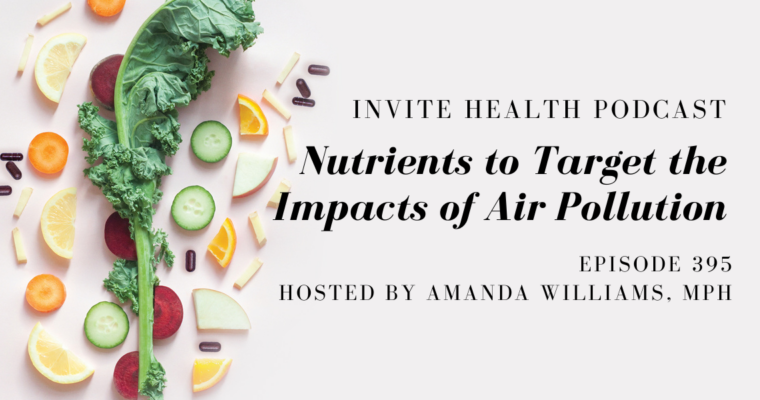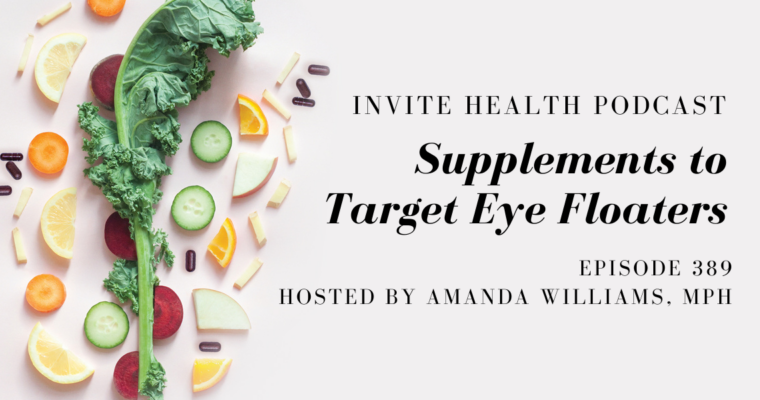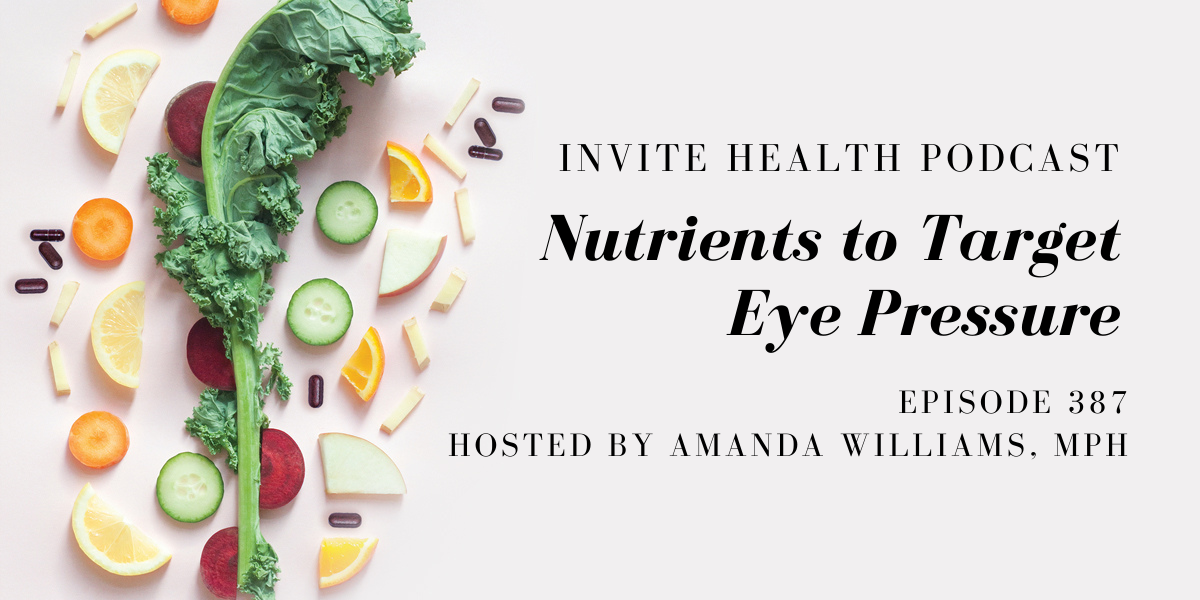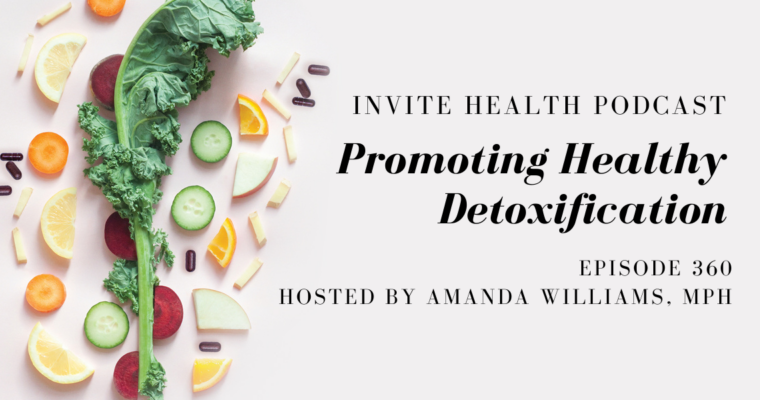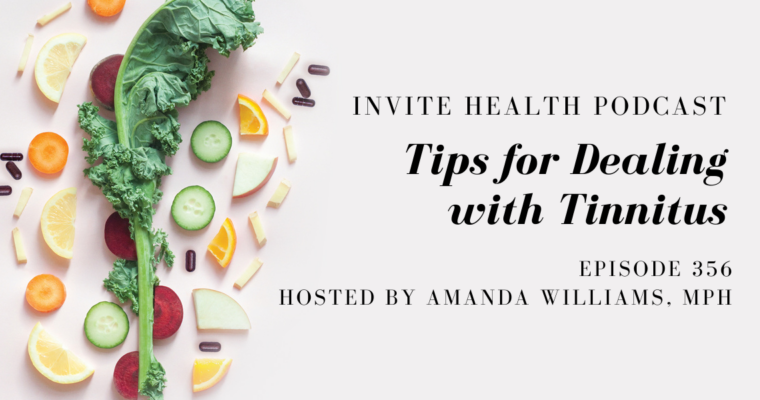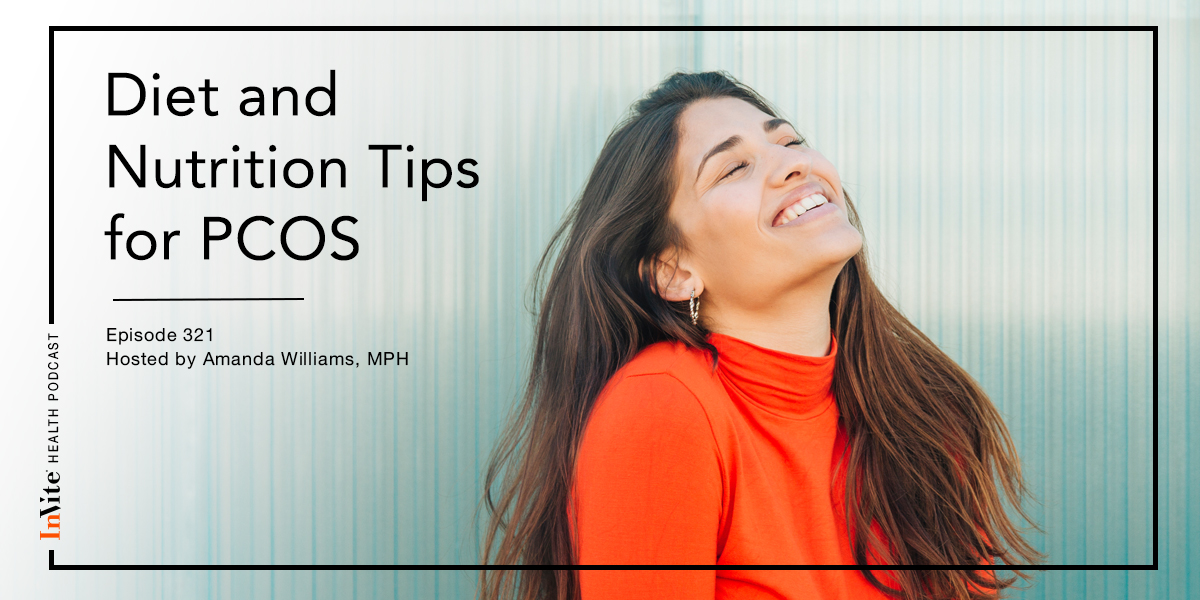pcos
Invite Health Podcast, Episode hosted by Jerry Hickey. Ph
Subscribe Today!
You’ve probably heard about the power of hormones and there’s a reason why. We know that hormones are our body’s chemical messengers and they are incredibly powerful, meaning that it only takes a tiny little amount to cause big changes or fluctuations within the way that our body is actually functioning. The way that hormones work is they travel in our bloodstream to different tissues and organs and they work over time. They affect so many different aspects of the way that our body works, including metabolism, reproduction, mood, sexual function, growth, development and more.†
This is all driven by the different endocrine glands, which is going to be the primary source where the hormones are secreted from. We have things such as the pituitary gland, pineal gland, thymus, thyroid, adrenals and pancreas, for example. In men, we utilize the testes and in women, we are looking at the ovaries. Today, I want to focus on PCOS, which is polycystic ovarian syndrome. This is much more common than many women even realize.†
The Chronic Exposure of Chemicals In Skin Care Products – InVite Health Podcast, Episode 279. Listen Now >>
What is PCOS?
Hormones are a driving factor for so many bodily functions and systems. In the setting of PCOS, this is a hormonal metabolic disorder that causes a variety of different presenting symptoms, such as irregular menstrual cycles, ovarian cysts, facial hair and insulin resistance. You can see how the hormones are driving all of this. When you look at the irregular menstrual cycle, clearly that’s hormonally-driven. We know that, once again, hormones are the underlying issue for ovarian cysts.†

When we look at the statistical amount of women who are actually suffering from PCOS, it is really quite profound. In the United States, roughly 10% of women of child-bearing age have PCOS. It’s one of the most common causes of female infertility. 10% of women are struggling with this hormonal condition and we see the resulting problems. Oftentimes, women who have PCOS can then develop other serious health issues such as diabetes brought on because of that insulin resistance. Certainly, if they do find that they get pregnant, then gestational diabetes can be an issue.†
Learn more about health risks related to PCOS by tuning into the full podcast episode.
Lifestyle and Dietary Changes
With that many women in the United States suffering from PCOS, we have to look at what they can be doing to help with their condition. The first thing is to screen and do comprehensive blood testing. Looking at fasting insulin is really, really important. Looking at free and total testosterone levels and cardiovascular risk factors is also incredibly important. These are things that need to be done.†
We do realize that the Standard American Diet, which is high in bad carbohydrates and saturated fats, is certainly going to be a driving force to making PCOS worse. The best choice for women who have PCOS is going to be the Mediterranean diet. We also have to look at regular exercise, which can help to improve insulin resistance.†
The Unspoken Danger Of Prescription Medication On Important Nutrients – InVite Health Podcast, Episode 262. Listen Now >>
We can also look at nutrients such as chromium and N-acetyl cysteine (NAC). NAC is so incredibly important for allowing the body to manufacture glutathione, but we also recognize that NAC helps to improve upon insulin sensitivity. For many women who fall into that category of having infertility, when they take NAC, this can really be beneficial. This relates to better regulation in terms of that hormonal control.†
Listen to the full podcast episode to learn more about important nutrients for women with PCOS.
Thank you for tuning in to the Invite Health Podcast. You can find all of our episodes for free wherever you listen to podcasts or by visiting www.invitehealth.com/podcast. Make sure you subscribe and leave us a review! Follow us on Facebook, Twitter and Instagram at Invite Health today. We’ll see you next time on another episode of the Invite Health Podcast.


